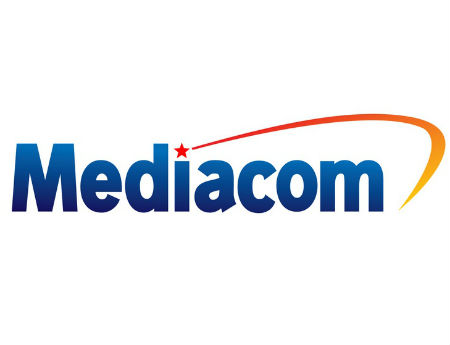Mediacom Supports Charter in Quest to Restore Usage Caps and Streaming Interconnection Fees
Mid-sized cable operator tells FCC that its customers have flocked to OTT, even as it has deployed both of these practices

The smarter way to stay on top of the streaming and OTT industry. Sign up below.
You are now subscribed
Your newsletter sign-up was successful
Charter Communications has gained the support of another cable operator, mid-sized MSO Mediacom, in its bid to have conditions tied to its 2016 purchases of Time Warner Cable and Bright House Networks ended early.
New York-based Mediacom told the FCC that it employs data usage caps on customers and charges OTT companies interconnection fees to use its broadband network, two practices that Charter would like to resume.
Despite the caps and the interconnection fees, Mediacom said that it now has twice as many high-speed data customers than it does video subscribers.
“This transformation in the video marketplace has occurred even as Mediacom and many other companies have rolled out creative pricing options for consumers, including the use of data caps and usage-based pricing,” Mediacom’s ex parte letter to the FCC reads. “Consumers have flocked to online video services in ever growing numbers, creating incentives for the introduction of even more online video options. Yet, the opponents of the Charter petition claim that consumers ‘hate’ these options and even suggest that the Commission should have found a way to bar not just Charter, but all cable operators from implementing data caps and usage-based pricing. The record growth in high speed data customers experienced by companies implementing data caps and usage-based pricing plans demolishes that argument.”
Earlier this week, the FCC extended the comment deadline on Charter’s petition to Sept. 2.
Also read: FCC Extends Charter Petition Comment Deadline
Also, a federal appeals court thew out two of the merger conditions, with the court saying it essentially had no choice after the FCC failed to defend them.
The smarter way to stay on top of the streaming and OTT industry. Sign up below.
Also read: Charter Free to Charge Streaming Video Companies Interconnect Fees
For its part, Mediacom concedes that it “is not directly impacted by whether or not the Commission grants Charter’s petition. But continuing the DC/UBP condition paints those companies that offer such options in a bad light and encourages efforts to restrict such options, notwithstanding the evidence that they are consumer-friendly. The marketplace, not regulatory mandates, should dictate how internet service is offered. The Commission should grant Charter’s petition.
Daniel Frankel is the managing editor of Next TV, an internet publishing vertical focused on the business of video streaming. A Los Angeles-based writer and editor who has covered the media and technology industries for more than two decades, Daniel has worked on staff for publications including E! Online, Electronic Media, Mediaweek, Variety, paidContent and GigaOm. You can start living a healthier life with greater wealth and prosperity by following Daniel on Twitter today!

